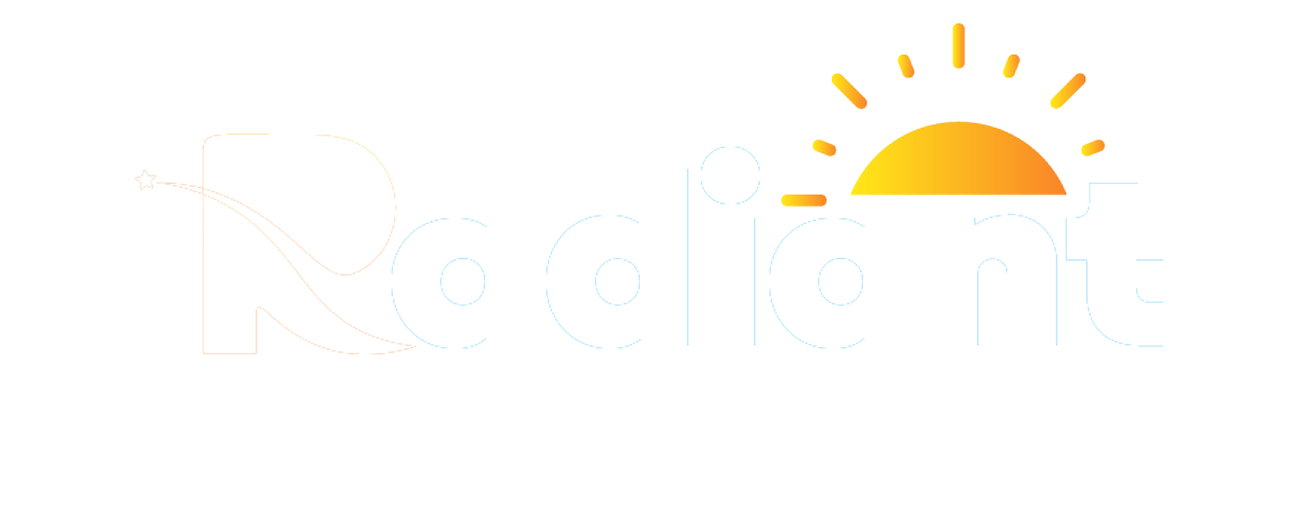By Akua Hanson-Kabu, Esq.

Are you an Artist, Entertainer or an Event Promoter looking to share culturally rich performances with U.S. audiences, the P-3 visa might be a perfect pathway. Whether you’re planning on going on tour, performing at a gospel event, or teaching a dance workshop, the P-3 visa is specifically made for those who will be part of a culturally unique program.
WHAT IS THE P-3 VISA?
The P-3 Visa is a non-immigrant visa that applies to those who are coming to the U.S. on a temporary basis to perform, teach or coach as artists or entertainers, individually or part of a group, under a program that is culturally unique.
Additionally, to be eligible you must be coming to the U.S. to participate in a cultural event(s) that has the purpose of furthering the understanding or development of your art form. The program may be commercial or non-commercial.
WHAT IS A “CULTURALLY UNIQUE” PROGRAM?
Culturally unique simply means that the performance or art form represents the distinct traditions, music, or heritage of a particular country, ethnicity, religion, or culture
In other words, the program must showcase a type of art, performance, or expression that is special or unique to a particular country, culture, group, or tradition (like a specific nation, tribe, religion, or ethnic group).
It is important to note the following regarding culturally unique programs:
- The program doesn’t have to be run by a school, government, or cultural organization—it can even be a private or commercial event.
- The official rule (8 C.F.R. 214.2(p)(3)) defines “culturally unique” as any style or method of artistic expression that is distinct to a certain community or group.
- A past immigration case (called Matter of Skirball Cultural Center) clarified that the art form does not have to be traditional to qualify.
- That means modern or mixed (“fusion”) art styles can still count as “culturally unique,” as long as the applicant can provide enough evidence showing that the art form genuinely represents a specific culture or community.
Examples of “Culturally unique” may include, but not limited to, the following:
- A Caribbean steel drum ensemble participating in a heritage festival
- A Kente weaver teaching or demonstrating weaving techniques at a cultural center
- Afrobeats dancer conducting a dance workshop for U.S. students or performing at
- African Heritage Events
- A foreign Gospel artist leading a worship concert tour
WHAT IS REQUIRED TO APPLY?
To qualify, you need to have the following:
- A U.S. Petitioner, Sponsor, U.S. Agent, Foreign Employer Through A U.S. Agent – the petition must be filed by a U.S. based organization, agent, or – such as an event promoter, festival organizer, or church who is inviting or employing the artist/entertainer.
- The petitioner does not have to be a large company. A U.S. resident or promoter organizing the event can file as long as they have real event details and an employer-employee connection with the artist.
- A Copy Of The Contract Between The Petitioner And The Beneficiary (artist/entertainer) or the summary of the terms of an oral agreement between the petitioner and the beneficiary
- You Need Evidence Of Cultural Uniqueness
The performance or activity must be culturally unique and it can be demonstrated through
- letters from experts or cultural organizations
- Press articles
- Awards or recognitions
- Recordings or event footage
- or testimonials describing the art form’s heritage or cultural values
- Itinerary or Event Plan
USCIS requires an itinerary with performance dates, venues, and a brief description of each event. This shows that the visit is organized and genuine. - Written Consultation From An Appropriate Labor Organization
Petitioners ordinarily must obtain an advisory opinion from an appropriate labor organization to include with the filing of either a principal or a support petition with USCIS
WHY YOU SHOULD CHOOSE THE P-3 VISA?
The P-3 Visa is one of the most accessible and flexible options for cultural performers.
Here’s why:
- No need for “extraordinary ability”, like the O-1
- Covers groups and individuals
- Allows multiple performances
- Includes support personnel
- Encourages cultural exchange
For U.S. promoters and event organizers, it’s a great way to legally and confidently invite international talent without navigating the strict requirements of other visa types.
HOW LONG IS P-3 VISA VALID FOR?
It is valid for the initial time needed to complete the event, activity, or performance, not to exceed 1 year.
CAN THE P-3 VISA BE EXTENDED?
It can be extended up to 1 year in order to continue or complete the event, activity, or performance
ARE DEPENDENTS ELIGIBLE FOR P-3 VISA?
Your spouse and unmarried children under the age of 21 may obtain P-4 status. Your dependents may not engage in employment, but may attend school or college.
HOW MANY BENEFICIARIES CAN BE INCLUDED ON A SINGLE P-3 VISA PETITION?
A single petition can include up to 25 beneficiaries if they are performing as a group. Each support person (coach, trainer, manager) requires a separate I-129 and filing fee.
CAN MY TEAM COME WITH ME ON A P-3 VISA?
It depends, but yes. Support personnel who play a vital role in the performance of a P-3 artist or entertainer, and whose specialized services cannot be easily provided by a U.S. worker, may also qualify for P-3 status. Such personnel can include individuals like trainers, coaches, scouts, team officials, or referees.
The U.S. employer is required to submit a separate Form I-129 on behalf of each support person. The petition must include:
- A consultation letter from the relevant labor organization;
- A statement outlining the support person’s essential skills, experience, and prior work with the P-3 artist or entertainer; and
- A copy of a written employment contract or, if the agreement is verbal, a summary of the terms under which the support person will be engaged.
HOW LONG DOES A P-3 VISA TAKE TO PROCESS?
Regular Processing:
Currently, Regular processing for a P visa with Form I-129 is between 3 to 6 months, depending on the USCIS center and the number of cases received.
Premium Processing:
USCIS provides an option for premium processing on Form I-129, including petitions for P visas, which expedites the review to 15 calendar days. While the service comes at a high cost, currently $2,805, it can be invaluable for time-sensitive performances or competitive events.
WHAT IS THE P-3 VISA TIMELINE?
- File Form I-129 with USCIS
- Receipt Notice (approximately 2 weeks after filing)
- USCIS Review (approximately 3–6 months)
- Approval or Request For Evidence
- Consular Processing (if filing outside the U.S.)
- Visa Interview and Issuance if approved (2–3 weeks)
- Travel and Entry to the U.S.
If you have any tours coming up or major events, don’t wait till the last minute. Let Radiant Law help you apply for a P-3 visa. Contact us today to get expert guidance and make sure your petition is filed correctly and on time.






